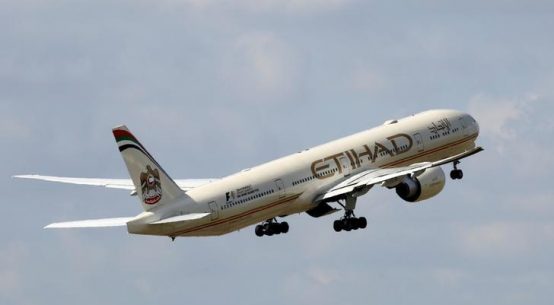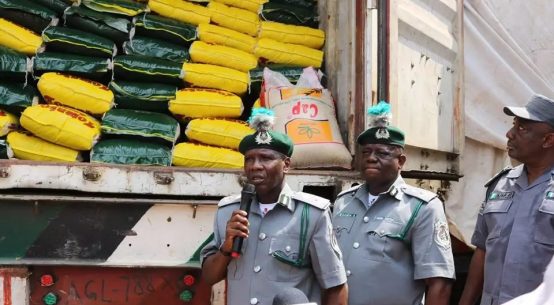
Dodoma – TRANSIT oil cargo through the Dar es Salaam port grew by 48.5 percent in the first months of this year as compared to corresponding period last year.
According to the country’s Petroleum Bulk Procurement Agency (PBPA) data, transit fuel shipped through the port increased by 49 percent, thanks to efficiency and reforms at the Dar es Salaam port.
“The agency is happy to announce that it has recorded a steady growth in transit fuel since the Bulk Procurement System was established in 2015,” PBPA Acting Director General Erasto Simon told the Parliamentary Standing Committee on Energy and Minerals here over the weekend.

During the 2016/17 Financial Year, the government scrapped off Value Added Tax (VAT) on transit cargo, subsequently fuelling the volume of containers handled at the port by 35 percent. The Dar es Salaam port is increasingly becoming the traders choice.
Minister for Energy, Dr. Medard Kalemani says the volume of transit cargo shipped via the Dar es Salaam port to the landlocked countries in eastern Africa is projected to increase threefold.
President John Magufuli launched a 421 million US dollar project mid last year, targeting to double the capacity of the port with support from the World Bank and UK’s Department for International Development.
Assessment by the World Bank indicated that the port’s cargo handling grew by nine percent annually.
The new expansion being implemented by China Harbour Engineering Construction Company (CHEC) will help increase the capacity of the port to handle at least 25 million tonnes up from 13.8 million tonnes a year
.But, the Energy Minister informed parliamentarians that the state had completed renovation of an oil terminal at the Mtwara port.
The port is set to start discharging 35,000 tonnes of fuel next month. “We expect to officially launch this port, this week. Some members of the committee will be invited to join us in Mtwara,” Dr. Kalemani said.
The new port adds up to already existing two oil terminal ports, one being Dar es Salaam and the recently launched Tanga port with the capacity to discharge 35,000 tonnes.
Observers say the revival of Mtwara port will ease the discharge of not only transit fuel to Malawi and Zambia but also for domestic use in the southern regions. It will lower the price of fuel in the areas where the petroleum products had been expensive due to transport costs.
PBPA explained that the new terminal will increase fuel availability and security in Tanzania. Even though the agency was concerned that lack of uniformed specification from Oil Marketing Companies had denied the agency a chance to undertake bulk importation of LPG (liquid petroleum gas) and HFO (Heavy fuel oil).
“I should also make it clear that a number of local companies are not partaking in such tendering process to supply fuel as they fail to compete with other companies especially from tax-free zone countries,” he said.








